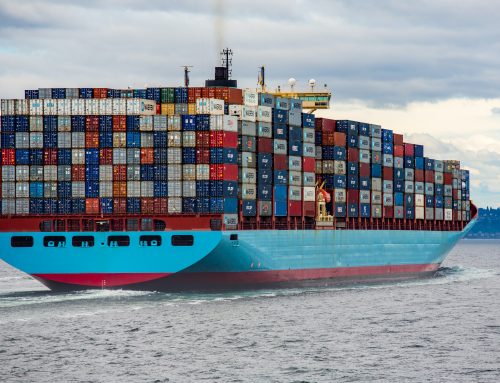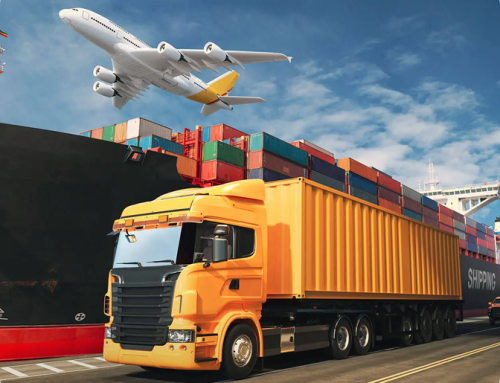Importing wholesale goods into the U.S. can be an extremely profitable business venture — especially considering the lower cost of manufacturing in other countries.
That being said, like with any other kind of business undertaking, you must be fully informed of all the regulations, laws, and fees that would be applicable. (Not to mention business basics like identifying a demand, pricing your item, and advertising — we are not that kind of blog!) But, in the words of business executive and author, Seth Godin:
“Don’t find customers for your products, find products for your customers.”
“Learning is not done to you. It’s something you choose to do.”
We’re not trying to scare you off, there is a reason why importing and exporting businesses are on the rise — it pays if done correctly! Now, if you’re thinking of cutting corners here, we would be remiss not to warn you.
Mistakes in the importing process can result in hefty fines, considerable delays, and even disastrous shipment seizures. All of which can be particularly painful for your business, especially if you are just starting out.
What is importing wholesale?

Customs and Border Patrol (CBP) defines importing as, “any resources, goods, or services that producers in one country sell to buyers in another country.” As an importer, you are the person responsible for purchasing those goods and bringing them into the U.S. For the most part, the goods that you purchase will be wholesale, as wholesale refers to items sold in large quantities for retailers. In most cases, it certainly doesn’t make much sense for an importing-based business to buy individual items.
How to Get Started in Wholesale Imports
- Lay a good foundation of research. Like we mentioned above, make sure that there is a demand for the supply you’re planning on bringing into the country.
- Link up with suppliers/manufacturers/providers you can trust. It takes time to build relationships and ensure the integrity of the suppliers you find.
- Verify that the goods are not prohibited in the U.S. This is definitely something you need to make sure of before you commit to a purchase. Click here for a list of Prohibited and Restricted Items.
- Determine which taxes, duties, fees might apply to your shipment. A broker will help you figure this out. It’s a critical step to your business planning!
- Now you’re ready to place an order. At this step, you can organize the shipment method and determine the destination port.
- Make sure you’ve paid all applicable fees. This will need to be done before your shipment is released.
Other relevant blog posts that can help you get started!
- How to Evaluate Customs Brokers
- What You Need to Know to Import Goods from China to the U.S.
- Importing/Exporting Business Basics
- Key Steps for Clearing Customs with Ease

The above mentioned 6 steps can be streamlined if you decide to partner with a customs broker. They can help you make sense of regulations, help you with the ordering, determine the fees to be paid, and file documentation to CBP on your behalf! Most large organizations that import on any level work with a customs broker to help them through the process.
It is true that importing into the U.S. can be a tricky process, especially for first-time importers looking to bring wholesale items into the country. Depending on how you wish to approach imports for your business, it may be a wise idea to book a quick consultation with a broker to see if you have all your ducks in a row before you make any costly commitments to bringing goods over.
Click here to get the conversation started.



